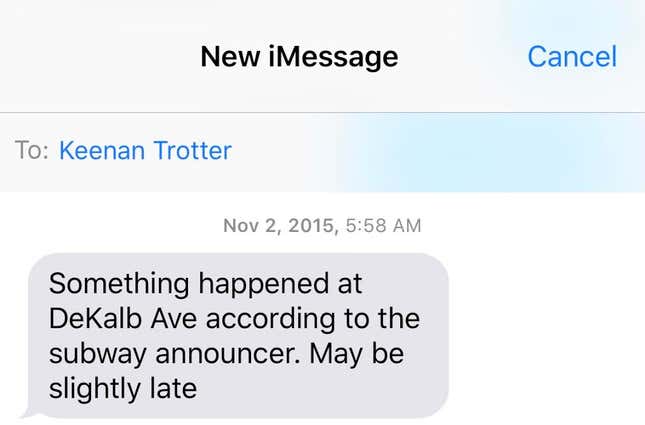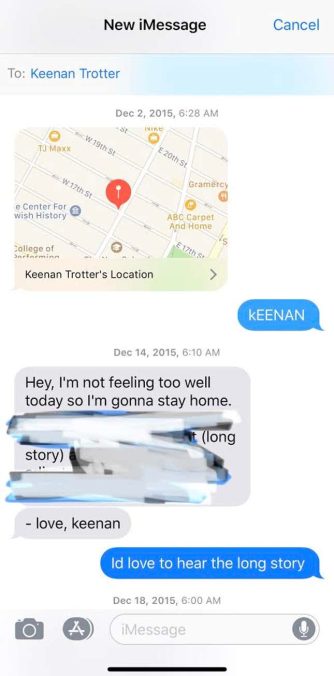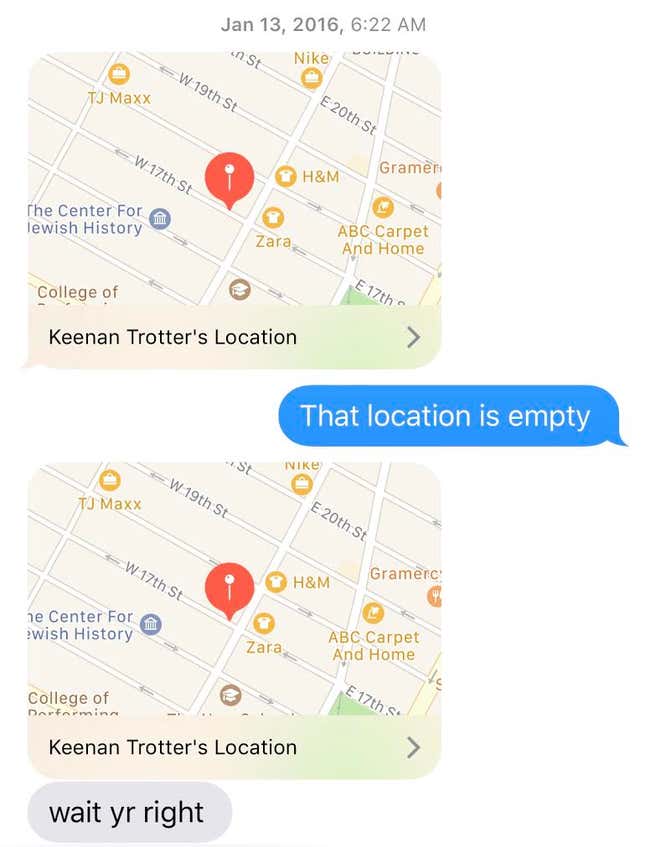Goodbye To J.K. Trotter, Whom We Love, But Still Don't Understand
Latest

Keenan “J.K.” Trotter—the only man bold enough to not simply go after the likes of David Petraeus, Shepard Smith, Philippe Reines, Ben Smith and Jonah Peretti, The Wing, and his own boss, but to address questions like whether Katie Holmes had her own secret entrance to a Manhattan Whole Foods (she did) and whether there should be parents (no, according to Keenan)—is leaving Gizmodo Media Group, which will greatly diminish the quality of both our reporting and our lives. There are a lot of stories I would like to tell about Keenan, but knowing that there is no way that telling any of them, no matter how well, could possibly convey what it feels like to attempt to make sense of his insane troll logic or how thoroughly mystifying his various operations are even when you know what he’s up to, I will simply mention that recently, during a Special Projects Desk staff meeting, he casually proposed shooting himself in the leg as a way to add an element to a story he was working on.
Here are some other stories.
Hamilton Nolan
There was never any secret entrance to Whole Foods. Keenan made the whole thing up for his own sick amusement. Certainly not someone I would hire to do investigative reporting at any sort of respectable journalism establishment.
Lacey Donohue
In early November 2015, John Cook, for reasons I will not disclose here, told Keenan he had to start arriving to the office by 9:30 each morning. Because I was the only person who was regularly at the office at an adult time, I was tasked with tracking this. Every time he was not in the office by 9:30am, he was to text me.
(Keep in mind these screenshots are all on West Coast time because my life is happier now.)
November 2, 2015

He was more than slightly late.
November 9-10, 2016

He did it in that he was NEAR the building at 9:30am, which in Gawker Media measurement was about as good as it got.
November 12-13, 2015

One out of two ain’t bad.
-

-

-

-

-

-

-

-

-

-

-

-

-

-

-

-

-

-

-

-

-

-

-

-

-

-

-

-

-

-

-

-

-

-

-

-

-

-

-

-












































